We’ve all heard of celiac disease and gluten intolerance, but have you heard about the newest gluten free fad: Gluten Intolerance Intolerance?!
“Gluten Free is just a Fad.”
“If you aren’t diagnosed with celiac by a doctor, you’re making it up.”
“If you’re gluten-free, you might have an eating disorder.”
(Before you yell at me … read on ….)
If you’re like me, you’ve heard these sorts of accusations and you’ve cringed, or become downright cranky. On my gfJules Facebook page recently, a commenter mentioned that she wished the gluten free fad would just go away. Others attacked her for making the fad reference in the first place, when, in actuality, she was simply lamenting that its being perceived by some to be a fad lessens the seriousness she (and most of us) thinks it deserves. Most of us in the gluten free community seem to be on edge when it comes to how we’re perceived, as if we’re being judged by society at-large.
Why are so many people intolerant of gluten intolerance? Why does what I eat, or don’t eat, affect you?
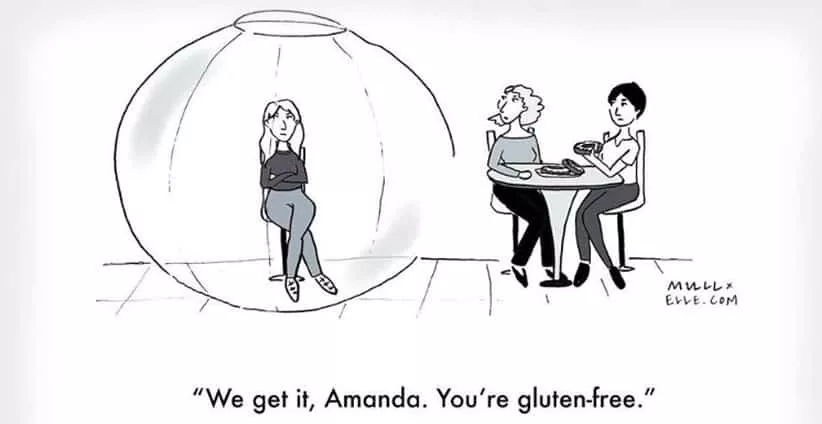
Why is following a gluten free diet without a medical diagnosis of celiac disease equated with following a “fad”? Why do people judge others for choices they make about their own bodies and what they put into them? If someone feels better not eating something, why do others have an opinion—much less voice it? I frankly couldn’t care less what Lady Gaga or Gwyneth Paltrow eat, so why do their dietary proclivities have anything to do with mine, and why does anyone else care?
The media often make matters worse, throwing around the “F” word as if gluten free was the next Popcorn Diet. NPR noted recently in their post about the bane and boon of the gluten free fad that while all the recent attention has created scads of new gluten free options, it comes with the repercussion that those living gluten free for medical reasons are often not taken seriously. Undermining the validity and credibility of a gluten-free diet makes it riskier to eat out now than ever before. A new, under-trained or simply uninformed server or chef, thinking the whole gluten free affair to be a fad du jour, may dubiously respond to requests for gluten-free foods.
 “Unfortunately, [people trying the diet just because it’s thought to be ‘healthy’] may unwittingly be making life more challenging for those with celiac disease, by contributing to an environment where food servers have come to associate gluten avoidance with a silly fad that isn’t worth taking seriously.”
“Unfortunately, [people trying the diet just because it’s thought to be ‘healthy’] may unwittingly be making life more challenging for those with celiac disease, by contributing to an environment where food servers have come to associate gluten avoidance with a silly fad that isn’t worth taking seriously.”
Another repercussion of gluten free’s faddish reputation is the embarrassment that keeps many people from asking for what they need, for fear of being ridiculed or belittled. What other medical condition do you know that produces similar indignant responses from our acquaintances? Are diabetics made to feel ashamed when they ask for low sugar options? Do people with arthritis have to explain an anti-inflammatory diet to doubting skeptics?
The advice section of the Miami Herald recently fielded a question from a reader who was actually annoyed by her boyfriend’s gluten free fad diet. The advice wisely turned the reader’s question on its head, asking , quite tactfully, whether it might be the reader who had the problem.
Carolyn Hax writes,
“When people merely find what works for them … [w]e owe them respect. Even if you think their adaptation is a mere hangnail compared with yours.
So if he’s genuinely decent, your inability to get past this would be worth a good think. What’s going on in your own mind — and sense of justice? — to make you care so much whether he eats a roll? Is your resentment perhaps valid, but misplaced on him?”
This brings us to the crux of the problem: when people think a way of eating is a fad, they (your aunt, dining hall chef, catering manager, waiter, your girlfriend …) feel they need, nay have the right, to judge whether or not you are following it for the right reasons.
I suppose I have it easy in today’s world. I actually have a confirmed diagnosis of celiac disease. (Want to see my biopsy results?!) The folks who have it hard are those who don’t have a medical diagnosis. Those for whom the medical profession failed when they refused to order tests or ignored their patients’ symptoms. It’s also hard for those who proactively started a gluten free diet and felt so much better that they wouldn’t dream of eating gluten again just to get tested. It’s a travesty that these folks are somehow lumped into the category with “fad dieters.” It’s a harsh and undeserved judgement. Because of it, we’re all at risk. People preparing our meals, or manufacturing our food, should never get to decide how seriously they’ll take our conviction to a gluten-free diet. Their subjectivity has no more place in our food supply than it does in that of someone with a severe peanut, shellfish, egg of other food allergy.
Can looking differently at the gluten free movement help?
I’d like to propose that we all shift our perspectives about living gluten-free. Let’s try viewing its millions of adopters and their many reasons on a continuum.
On one end of this continuum are people with medically diagnosed celiac disease. On the opposite end are people who eat gluten free to lose weight, and/or because a high-profile celebrity does, too. Yes, they’re following a fad in the truest, most arbitrary sense of the word—but remember, no judging. Bookended by the celiacs and the Fad Folks are the millions of people who genuinely feel better eating less or no gluten. They may have started out following a fad—to lose weight, for example—but maybe they ended up experiencing discernable health benefits. Or these bookended people may have suffered symptoms for years without a diagnosis, and after seeing a news segment or reading one of the increasingly frequent posts or articles about gluten free, they gave it a try.
I’ve personally talked with hundreds and hundreds of these Middle Grounders. With or without a member of the medical community’s tacit endorsement, these folks all have some degree of gluten sensitivity or gluten intolerance. And they’re absolutely no different from someone who regularly drinks red wine, but abstains from white wine because of its ill effects. Are these folks ridiculed for omitting this particular substance from their bodies? Know anyone who goes easy on sodium because their fingers swell or they develop headaches afterward? I’m glad for them they’re not subjected to the ire that people who want to forego gluten too often are.
People living gluten free without a medical diagnosis know their bodies; they’ve paid attention and have determined for themselves which foods, and in what amounts, they eat or don’t eat to feel their best. Within this middle-ground group there’s yet another continuum. One person can order a gluten-containing beer with his gluten-free wrap and feel no ill effects. For another person, adding the beer would put him over his gluten-tolerance threshold. Neither person is guilty of anything! Each has a unique body, with a unique capacity (or lack thereof) to digest gluten. Those who cast blanket judgments on an individual’s or group’s ability to process gluten (or white wine, or sodium) are the ones who are guilty. They are stricken with an inability to process realities that differ from their close-minded and often ill-informed personal realities.
Is the gluten free “fad” all bad?
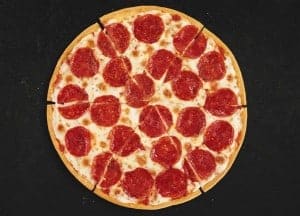 Recent announcements that Miller Coors released a naturally gluten-free beer (Coors Peak) and that Pizza Hut began serving Udi’s Gluten-Free Pizza Crusts at certain locations remind us that because gluten is such a buzz-word right now, more options will become available to those of us who must eat gluten free. But are those options safe for us? Will the Pizza Hut GF pizzas really be gluten-free, or just sort of gluten free, like Domino’s so-called “gluten free” pizzas?
Recent announcements that Miller Coors released a naturally gluten-free beer (Coors Peak) and that Pizza Hut began serving Udi’s Gluten-Free Pizza Crusts at certain locations remind us that because gluten is such a buzz-word right now, more options will become available to those of us who must eat gluten free. But are those options safe for us? Will the Pizza Hut GF pizzas really be gluten-free, or just sort of gluten free, like Domino’s so-called “gluten free” pizzas?
 The fact that the Gluten Intolerance Group of North America is overseeing Pizza Hut’s training and certifying their cheese and pepperoni GF pizzas will bring some measure of comfort to many. But because Pizza Hut is also introducing a “Create Your Own Pizza” option “for those simply looking to reduce gluten in their diets,” we know they have their eye on the other end of the continuum, not just on us die-hards.
The fact that the Gluten Intolerance Group of North America is overseeing Pizza Hut’s training and certifying their cheese and pepperoni GF pizzas will bring some measure of comfort to many. But because Pizza Hut is also introducing a “Create Your Own Pizza” option “for those simply looking to reduce gluten in their diets,” we know they have their eye on the other end of the continuum, not just on us die-hards.
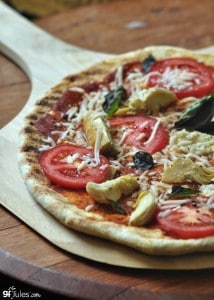
But that’s okay. Personally, I miss ordering out for pizza, but I refuse to jeopardize my health to take a chance in a risky environment I don’t control. As I roll out my own gluten free pizza crust at home, I’ve learned to tone down my lament of these big brands’ forays into offering gluten free options. Pizza Hut can be viewed as jumping on the profitable gluten free bandwagon, or they can be seen as responding to their customers’ demands for a pizza that simply began gluten free—whether or not those customers depend on it being 100% gluten free by the time it arrives at their table. At least I can make an amazing GF pizza myself and know that I’m not risking my health for pizza.
The reality is that it IS lucrative for some manufacturers and restaurants to try to grab a piece of the gluten-free pie in this capitalist market we all depend on. And depending upon where you fall on the gluten free continuum, many of these new options mean you might have more viable choices for eating out and for pre-packaged foods.
But for the ones of us who always will adhere to a strictly gluten-free diet for medical reasons, we need to know we’re safe, both from gluten and from reproach. No one should judge us for not eating at Pizza Hut, or those who do. We all make our own choices based on our own needs, which doesn’t affect anyone but ourselves.
Your thoughts?
Let’s start with the benefit-of-the-doubt assumption that most people who make erroneous judgments on the gluten-free diet do so out of media-led ignorance, not malice. What do YOU think is the best way to handle uninformed opinions and comments about the gluten free diet?
Give me your best “Dear Abby” response … or a bumper sticker ditty … or a slogan for a “Why Can’t We All Get Along (Around the Table)” ad campaign.
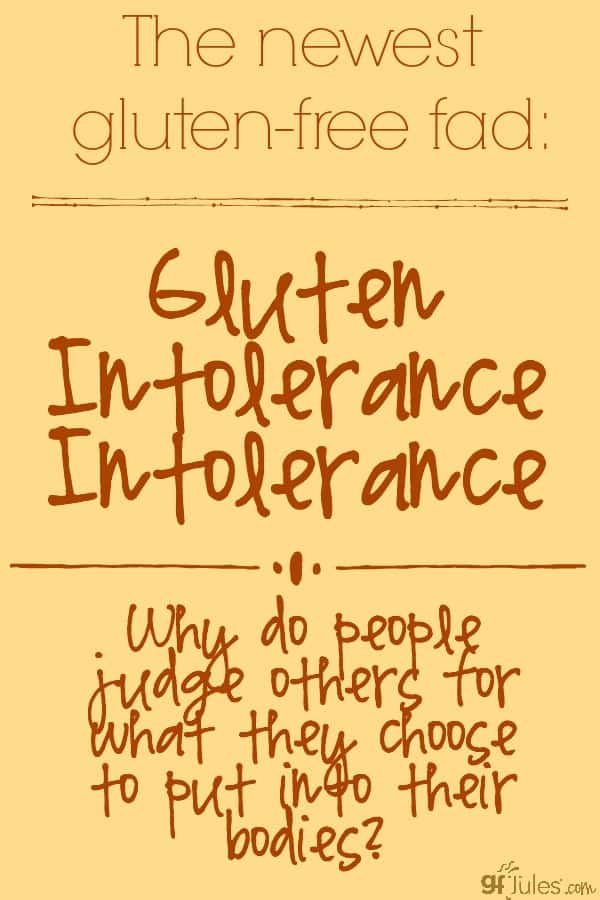




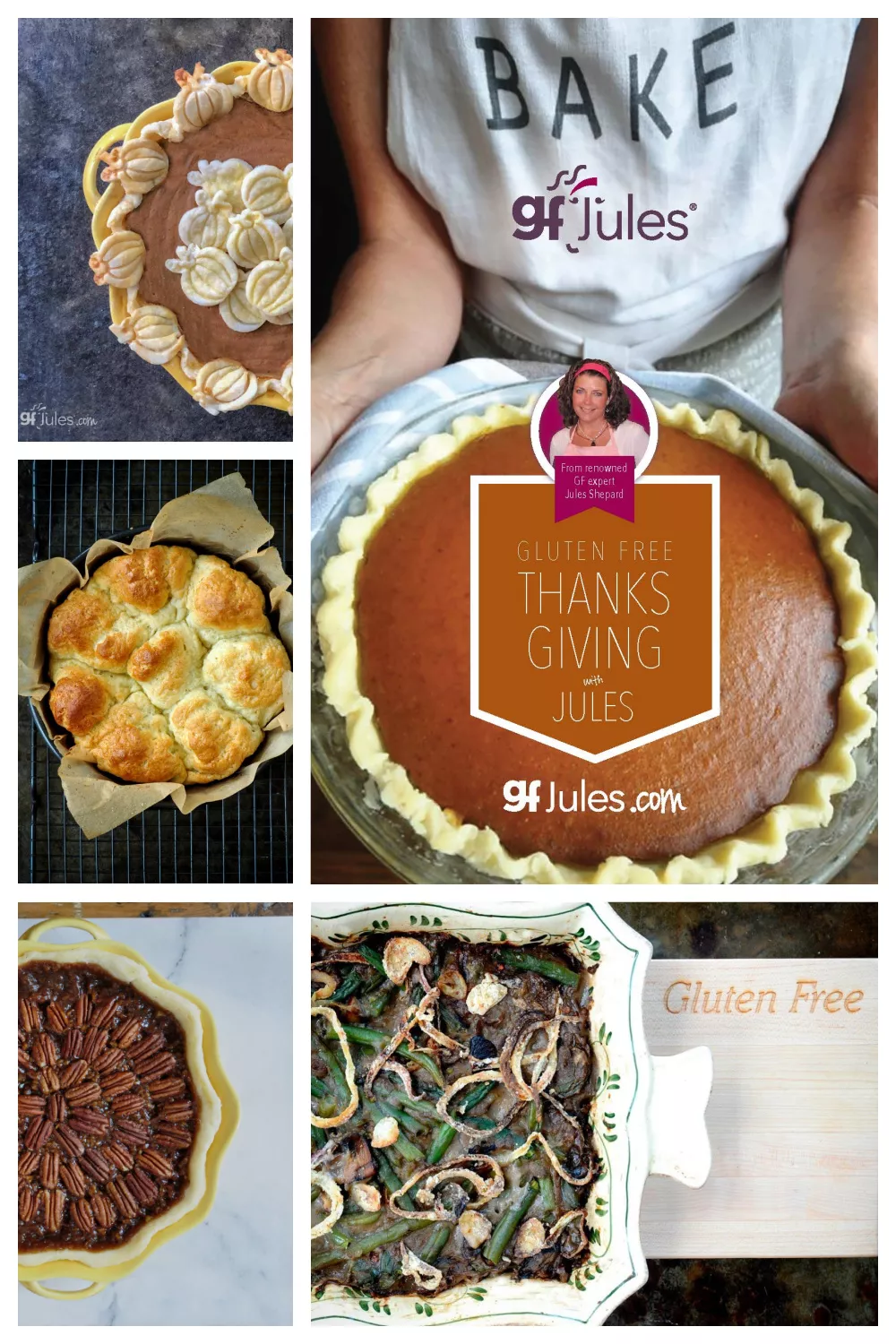















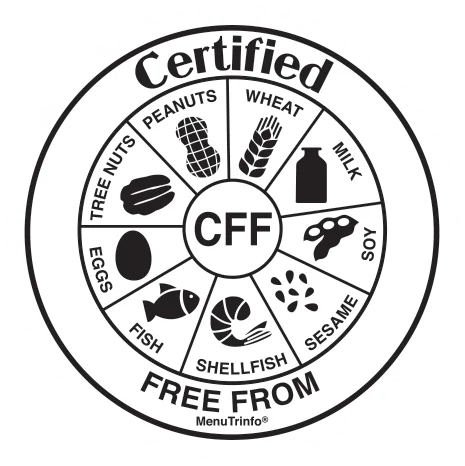
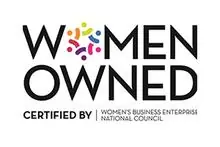
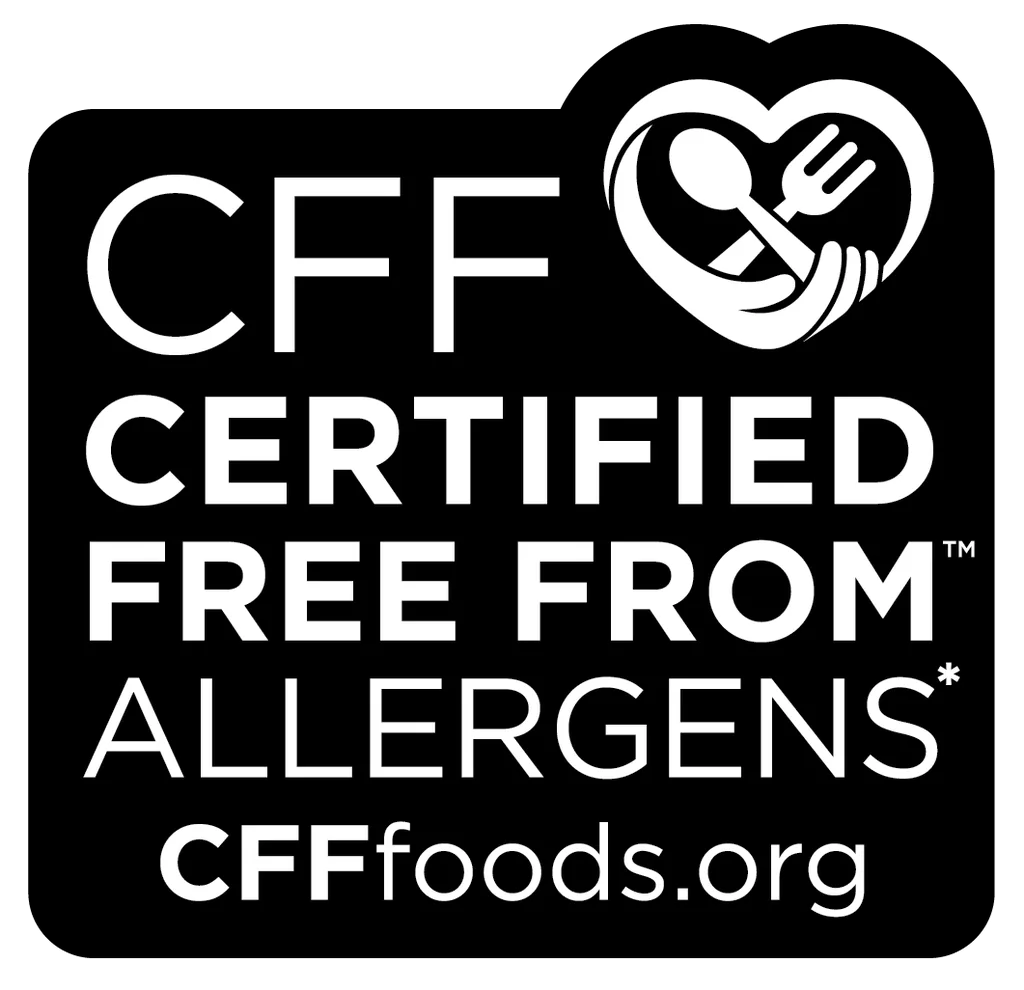
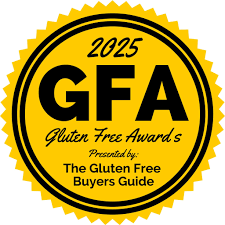

So on point and informative as always, Jules! Thank you for being such an amazing advocate. I also chimed in on my website yesterday. Huffington Post published the article today. I am hoping this will continue to raise awareness on a broader level http://www.huffingtonpost.com/jackie-ourman/gluten-free-shaming-is-no_b_10168938.html
Jules requested that I add the text below to this blog. It originally appeared as a reply on her Facebook page.
*****
The gluten free diet is used to treat far more than just celiac disease.
People with wheat allergy, for instance, often eat gluten free, even though they could safely consume rye and barley. They follow the diet because it’s a safe option when eating at a restaurant, for example.
And those of us with NCGS may follow the diet far more religiously than some celiacs do, (especially “silent” celiacs) because we pay the price of a mistake within minutes of consuming even a minuscule amount of gluten. While we can recover faster than those with celiac disease, we may still be ill for weeks or months from a single exposure. (There’s even some speculation that some people with celiac disease who react quickly to being “glutened” may also have NCGS, as odd as that sounds.)
I could go on about people with crohns and colitis and even muscular dystrophy who follow the diet on a doctor’s orders.
My point is that we should never judge why someone follows the diet. There is no one “right” reason to follow it. The diet is not the exclusive domain of any one disease, with everyone else being a “fad” dieter.
We all know that nobody stays on this diet for years and years if they aren’t getting a medical benefit from it. It’s way too hard to do, long term, as a lark.
——
And for those wondering about Muscular Dystrophy and the GF diet, note the website below which says:
“Try to eliminate potential food allergens, including dairy, wheat (gluten), corn, soy, preservatives, and food additives. Your provider may want to test for food sensitivities.”
http://umm.edu/…/altmed/condition/muscular-dystrophy
Sorry, the URL didn’t copy correctly. Here it is:
http://umm.edu/health/medical/altmed/condition/muscular-dystrophy
Thanks for sharing your perspective and this information, Terry. Much appreciated.
~jules
A really interesting article, particularly the part about those who can tolerate a little gluten and know their limits. I spoke with a friend recently who is a server. He and his colleagues were cross that a gluten free pizza had been ordered with a side of fried scampi that wasn’t GF. They felt their time was being wasted, the chef having to change apron and wash up, move to a separate area of the kitchen prepare and cook the pizza in its own oven etc, when all the time the customer could eat gluten. There is definitely a lot of intolerance to intolerance and I can see in the future the ‘fad’ users pushing up prices for the rest of us where food providers feel they are being put to unnecessary work.
Thanks for sharing your feedback, Kate. All good points.
~jules
being diagnosed celiac 12 years after my stepmother and her granddaughter, and a cpuple of years after my work “pod-mate”, I remember a friend who years ago dropped wheat/gluten from her diet and felt better. It isn’t my place to judge. A current work pod-mate is gluten free and dairy free (as I am) trying to improve her health, and she can tell if she has either.
If you feel better, who am I to shame someone.
“Those who cast blanket judgments on an individual’s or group’s ability to process gluten (or white wine, or sodium) are the ones who are guilty. They are stricken with an inability to process realities that differ from their close-minded and often ill-informed personal realities.” >>>> This! So much!
I struggle with this sometimes. I have a variety of food intolerances and allergies {some much more severe than others} {gluten being a very severe one}, and I often have a hard time enjoying a meal out with family or colleagues. For the most part I find people are understanding and supportive, but every so often I still have an “off” experience. Like when I’m expected to explain the whats and whys of my diet {ok once, but when this happens every time it gets boring, and unpleasant, and a little intruding!}. The conversation can easily be laden with all kinds of frustrating stereotypical questions, assumptions, and what I call “fake concerns” {i.e. ones you can clearly see stemming only because of some media hype on the subject and not because these people actually know anything about the subject}. The question I loath the most is whether I’m avoiding gluten {or allergen x} to lose weight {not!} {makes me feel all kinds of super awkward as people are scanning my body up and down while asking that and then proceed to share their judgments about my slim looks and what I should and shouldn’t be eating and whether I’ve tried this or that… — way to go making me feel all kinds of defensive and touchy about my weight AND food sensitivities!}. Doesn’t help that the only meal option available at the given restaurant might be salad without dressing because everything else is drenched in gluten, dairy, and other allergens that my body simply can’t handle {can see peoples’ mind jump straight to >>> “suspicion about weight loss diet confirmed…” >>> and not taking my food sensitivities seriously as a result}. Then you’ve got the “just try a little bit of this pasta — come on, just one bite isn’t going to kill you. It’s SO delicious!…” {Right…}. The very worst part is that there may be things on the menu that I could have ordered had the environment been more receptive and open and had I not been made to feel like I’m being scrutinized under a microscope as I’m going through the menu… /ok –rant over!
Point is I don’t think people realize how sensitive the food issue can be {for me, anyways, it very much is}. Finding out what foods make me feel better or worse has taken me years and can still be a struggle. My health and my diet are inseparable. Eat one tiny thing out of line and I might be out for days {sometimes weeks and even months}. This of course attaches all kinds of emotional responses related to dealing with different food scenarios. The last thing I want to do is have to discuss this with a “panel of self-appointed judges and critics” over a meal that’s already stressing me out… Let’s just give each other breathing room and the freedom to eat whatever makes everyone happy and healthy!
Great post Jules! I am one of those middle grounders who doesn’t have a celiac diagnosis (I was tested first, and I’m a strong promoter of people being tested for celiac before trying a gluten-free diet), but after going gluten-free 6 years ago, and having all my autoimmune symptoms go away I know 100% that I have non-celiac gluten-sensitivity, and all the “gluten intolerance intolerance” drives me crazy. I wrote a similar post to your last summer, and I will continue to “fight the good fight” with you and anyone else that wants to Thanks for sharing!
Thanks for sharing!
To take all the guess work out of explaining what it means to be “Gluten Free” there should be a clear cut 2+2=4, same way front and back explanation to clearly and accurately inform the curious and uninformed.
So many times I’ll be asked what Gluten Free “is” and “is all about” and my explanation usually differs from the next persons, not that either explanation is wrong, but I can understand the confusion someone who hasn’t been set down by a Doctor and given a medical explanation with charts and pamphlets might face!!
Although I agree some people have gluten intolerance, gluten is being blamed for everything in everyone. My friends recently put their children 1 and 3 on a gluten free and dairy free diet to prevent them from developing autism. I fell down laughing. People with severe celiac can develop autism like symptoms, but eating a piece of bread does not cause a child to be autistic.
I fight a daily fight with my husband to keep me and my children gluten free. It’s exhausting and I simply LOVE your article. Thank you so much. Luckily, both I and my younger son, whilst not celiacs, have definite and immediately apparent reactions to gluten and I have thus won a battle to be able to stock GF products in the house and to choose GF meals for the two of us when we go out. My eldest son, however, doesnt suffer visibly and my conviction that gluten is doing secret damage to him just wins me irritated sighs, rolling of eyes and accusations of projecting hypochondria onto him. Ordering him GF meals is therefore very difficult. In all other respects, my husband is wonderful, but this GF thing is a huge bone of contention. As per the Agony Aunt in Miami … clearly he has a problem (and it’s not me!).
Yeah, he does have a problem and it’s definitely you. What qualification do you have to decide that your child must eat gluten-free if he can tolerate it well and doesn’t have a medical diagnosis against it? Does that mean a healthy parent should be able to force their gluten intolerant child to consume gluten, because they themselves don’t have a problem with it? If your child doesn’t need a dietary restriction for actual medical reasons, then you don’t get to coerce them into a fad lifestyle they never chose for themselves. Your husband is right. Stop projecting your hypochondria onto your children.
The woman who wrote this article was bringing up diabetics and people with allergies as if they are in anyway equivalent to people who, without a medical diagnosis and unmistakable symptoms, are jumping on to gluten-free for hipster cred. It is nothing but misleading marketing that has fooled people into believing that gluten and lactose are the devil. Meanwhile, no one’s been stirring up paranoia over nut allergies for a while now, so most people understand that nuts are a problem only for some people, and otherwise healthy individuals should not be cutting out nuts from their diet. People know that if they are healthy, they don’t need the strict no-sugar regimen that a diabetic must follow.
My grandmother said that when someone asks how much you make per year, or when you are finally gonna have kids, the simple way to handle it is to ask them: “why would you need know that”? No one NEEDS to know our personal reasons for a food choice. In our current social media environment privacy seems to be a rare bird. I feel that talking about my life threatening Wheat allergy may help inform someone who might otherwise not understand the seriousness of my food requests and in turn prevent them from harming someone else down the road. That said, I think these conversations with people need to be polite, you cannot win people over to your way of thinking by beating them over the head with a stick. The negative responses and hateful comments I read on every post make me cringe. It takes many positive moments to repair the damage done to the crusade for safe food/food handling by one mean-spirited comment.
My 14 yr old Daughter is newly diagnosed with a gluten intollerance! I would have never imagined that a healthy girl can change in under 6 months. She can’t even have a smidge of gluten. We had dinner out on New Years Eve and we ordered her a gluten free pizza and of course it was not because she got sick. It is a daily learning experience and she has had a few setbacks. She is now dairy free until we figure this out. People are defininetly ignorant to this! They don’t understand. Thanks for this article!!